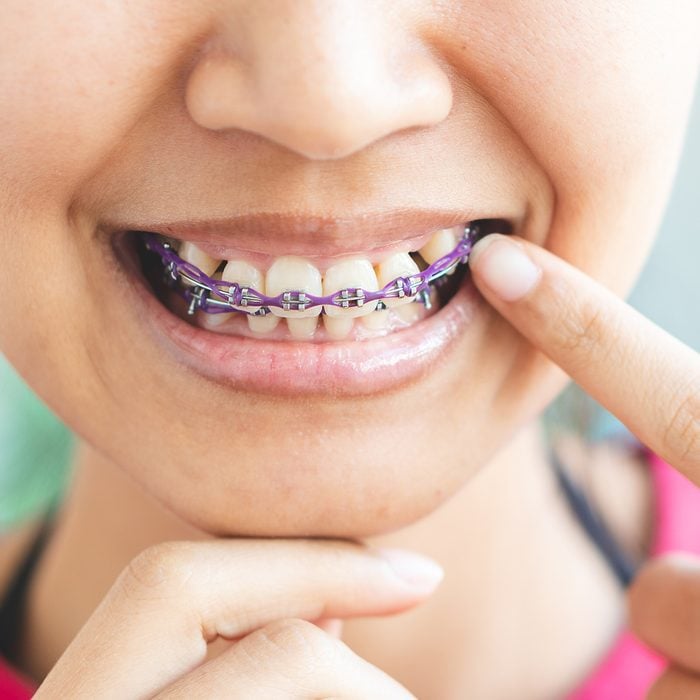
Getting braces seems to be a rite of passage for most teens. And the first few days post-op (or post-adjustment) can be uncomfortable. You’ll feel a bit of tenderness and soreness, but don’t worry. This is perfectly normal! (To help ease the pain, we’ve come up with a list of soft food recipes for the day after).
Usually, patients begin feeling better within two or three days. Even so, it’s not uncommon for your cheeks, lips and tongue to become irritated as they’re getting accustomed to the braces. And throughout the duration of your treatment, there are certain foods you should avoid eating so as not to risk damaging the wires or your teeth. Luckily, we’ve put together a list of tasty foods you are able to eat.
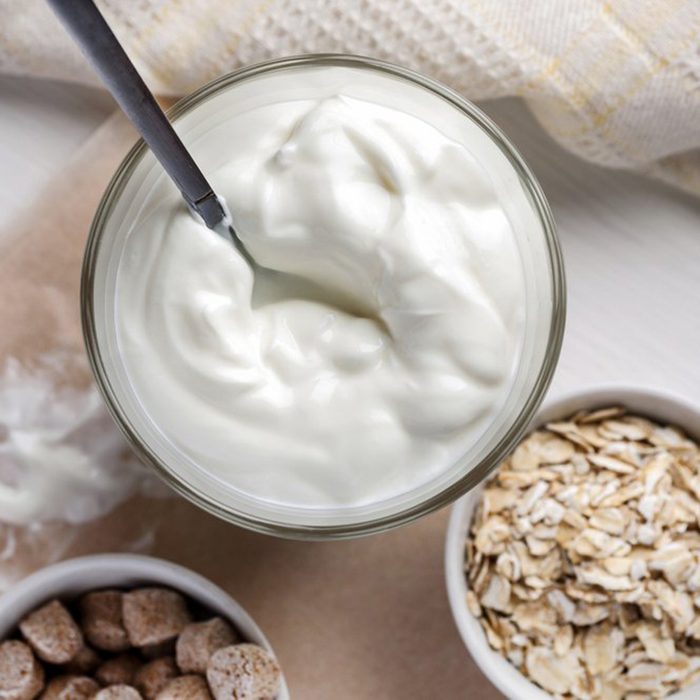
Yogurt
Yogurt is high in protein, calcium and gut-healthy probiotics (AKA “good bacteria”). This extra boost of probiotics can benefit your gums by pushing out any bad bacteria that may cause cavities. Plus, yogurt makes for a healthy breakfast, lunch or snack whenever your teeth are sore because you don’t have to chew it! Be sure to brush your teeth afterward, though. Even something as healthy as yogurt has naturally-occurring sugars that can lead to tooth decay. Pro tip: Save money by making DIY yogurt in your kitchen.
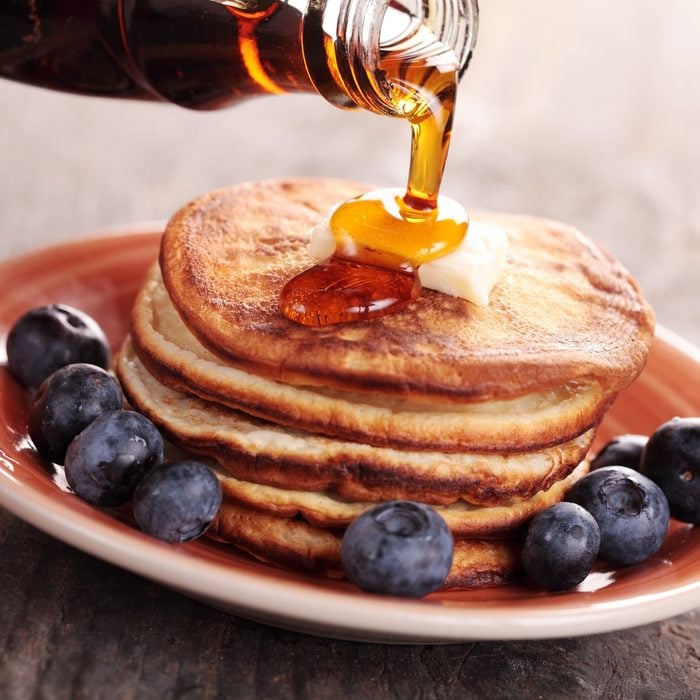
Pancakes
Having yogurt for breakfast every morning can get old quick. The good news? Pancakes, waffles and muffins (without nuts) are all on the list of foods you can eat with braces. You should steer clear of syrup and anything else sugary, sticky and sweet, though, as these tasty treats can get caught in your braces, leaving you susceptible to cavities. Like yogurt, pancakes open a world of opportunity when it comes to toppings (and filling!). Skip the mix and go crazy with your own take on pancakes with this simple how-to on making pancakes from scratch.
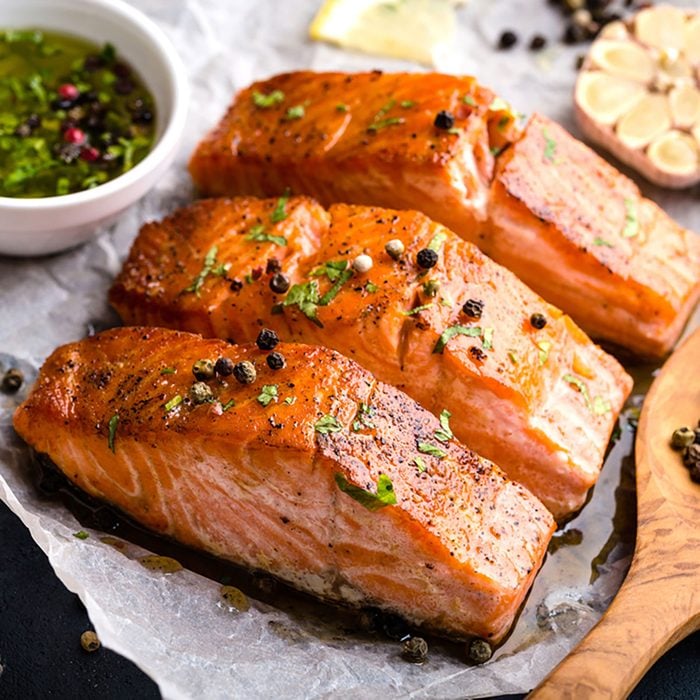
Fish
Pork, beef and even chicken can be difficult to eat—especially if putting pressure on your teeth causes pain. If you find yourself craving meat, fish is the perfect alternative. It’s not only easy to chew but according to researchers at Harvard Medical School, the omega-3 fatty acids in fish have been proven to lower the rate of gum disease. This is because omega-3 fights bacteria-causing inflammation. Fatty fish like Atlantic mackerel and salmon are packed with vitamin D, which allows your body to absorb and use calcium effectively. Calcium should be a critical part of your diet post-op because it protects the gums and teeth from disease. Looking for some pescatarian inspiration? Here are easy fish dinners you can make in 30 minutes or less.
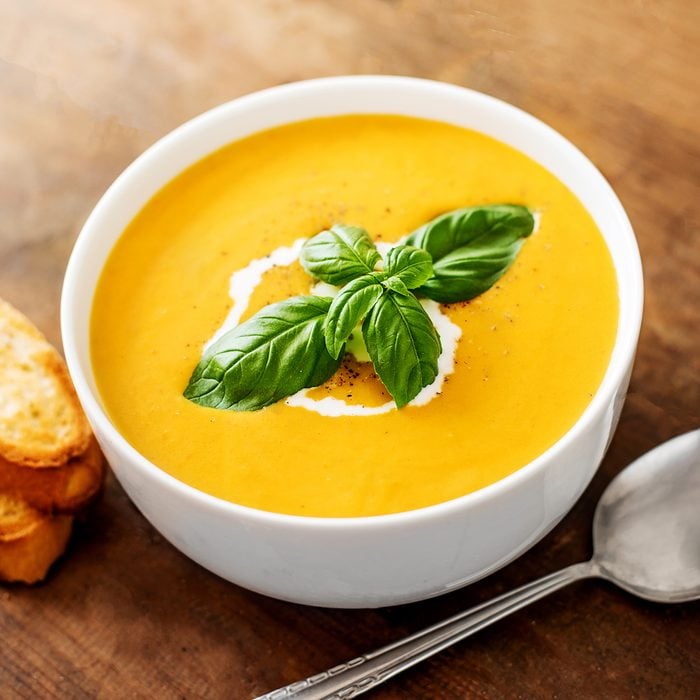
Soup
Soup is the ultimate comfort food. It’s a go-to for sick days, cozy nights on the couch and the perfect meal for new braces or an aching mouth. We’re not opposed to store-bought soup, but we recommend putting in a bit of work to make homemade soup. Why? Because homemade soup is loaded with minerals, gelatin and collagen—all of which make for healthy, strong bones and teeth! Plus, the vitamins and protein found in homemade broth can increase your healing rate.
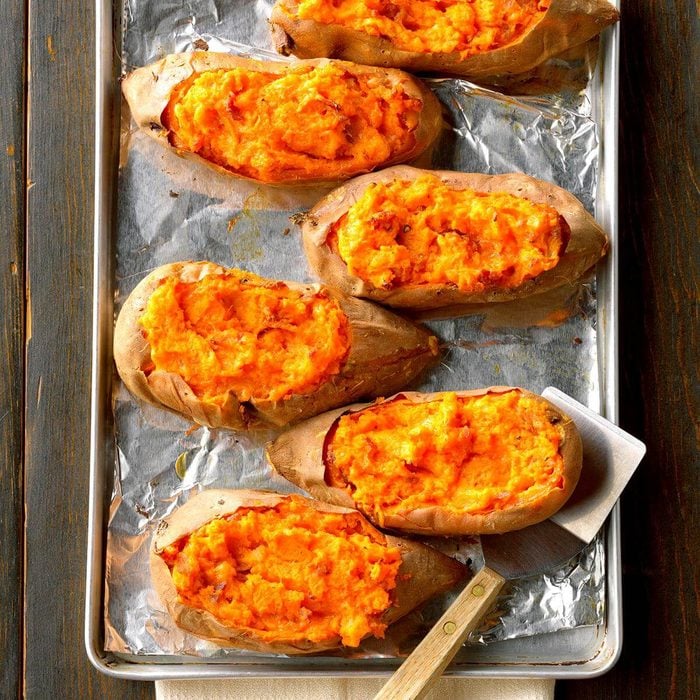
Sweet Potatoes
If you’re in the mood for something sweet (and substantial), try adding a few sweet potatoes to your weekly routine. Sweet potatoes are packed with vitamin A, which has been proven to help keep your teeth and gums healthy. What’s more? Sweet potatoes are versatile. You can fry, mash, bake, steam or even broil them for a delicious snack or side dish.
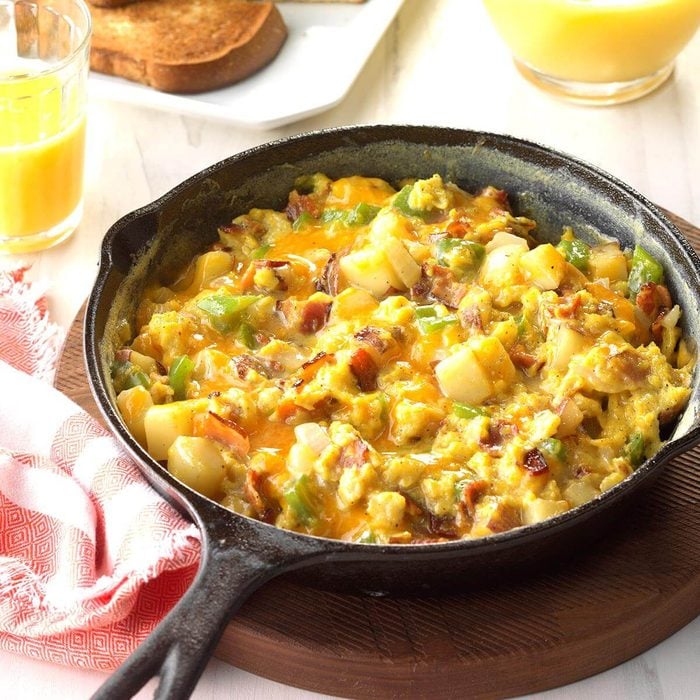
Eggs
Eggs are a multifaceted source of protein and phosphorous. When combined with vitamin D and calcium, phosphorus works its magic to build strong bones and teeth. The best part? Eggs can be eaten for breakfast, lunch or dinner. Pack boiled eggs for lunch or scramble a veggie-filled omelet for dinner—no matter how you cook them, eggs are soft enough for even the sorest mouth.
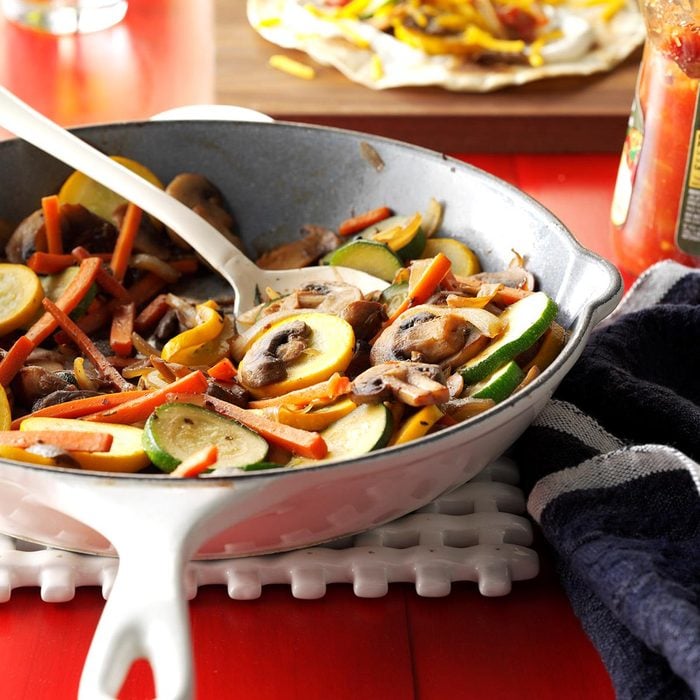
Cooked Veggies & Fruits
Crunchy carrots and other veggies can do serious damage to your braces, creating pain and unnecessary trips to the orthodontist’s office to fix loose wires. It’s best to avoid raw fruits and vegetables until your adjustment period (the first few weeks) has passed. Even then, you should be careful. We’re not saying you need to give up your fruits and veggies completely, but you will need to do a bit of prep. Try cutting your fruits into small, bite-sized chunks. If you’re a fan of corn on the cob, cut the kernels off before eating. Slow-cooked vegetables also make for a tasty and satisfying side dish.
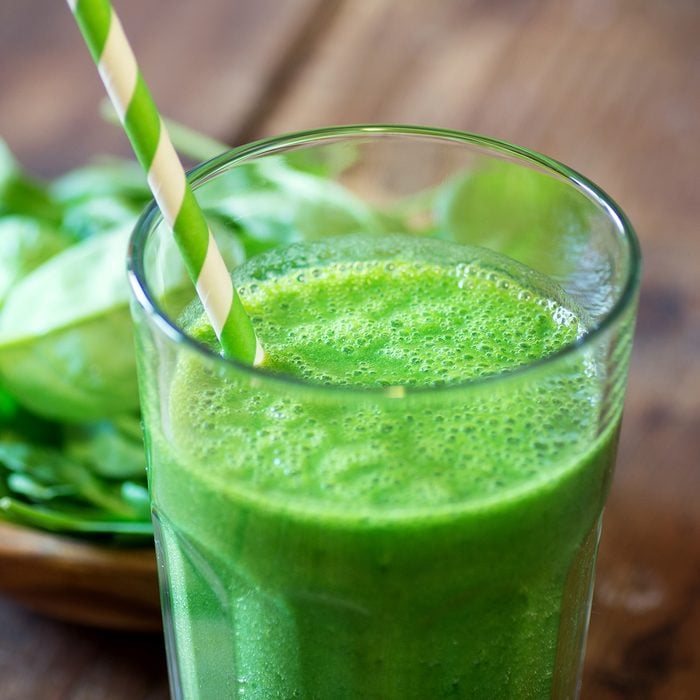
Smoothies
Smoothies and juices are a great way to get nutrients without making a full-on meal. Smoothies are also the perfect “food” for days when your braces have your gums feeling extra sensitive. Load up your blender with one of these tasty recipes. Or, get creative and make your own concoction! Either way, smoothies are a simple way to fill your stomach on the go.
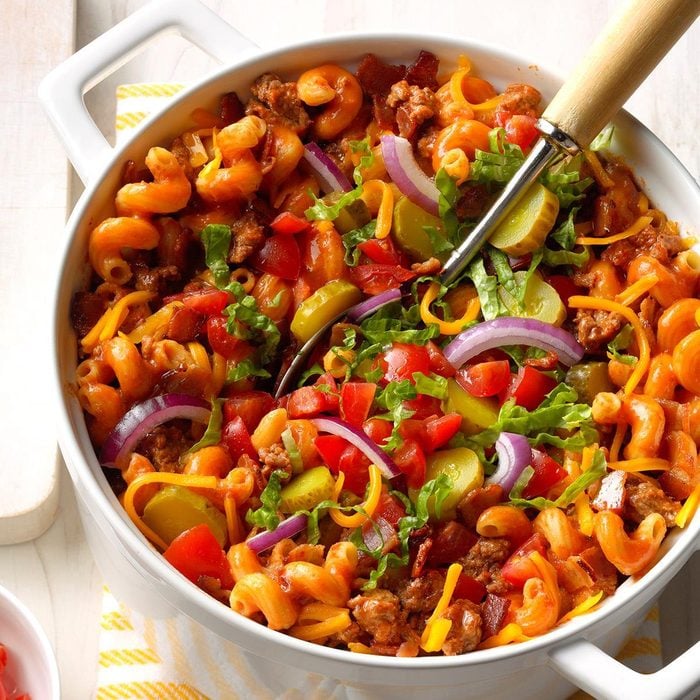
Pasta
Pasta is delicious, filling, and super easy to make. (It’s also easy to chew!) You can chow down on spaghetti, ravioli, macaroni and cheese and any other noodle your heart desires. Increase the nutritional value of your meal by using whole wheat pasta or bean- and legume-based noodles. You can also try adding tons of veggies and no-sugar-added, low-sodium pasta sauce. Hungry yet? Here are some incredible five-star pasta recipes to get you started.
